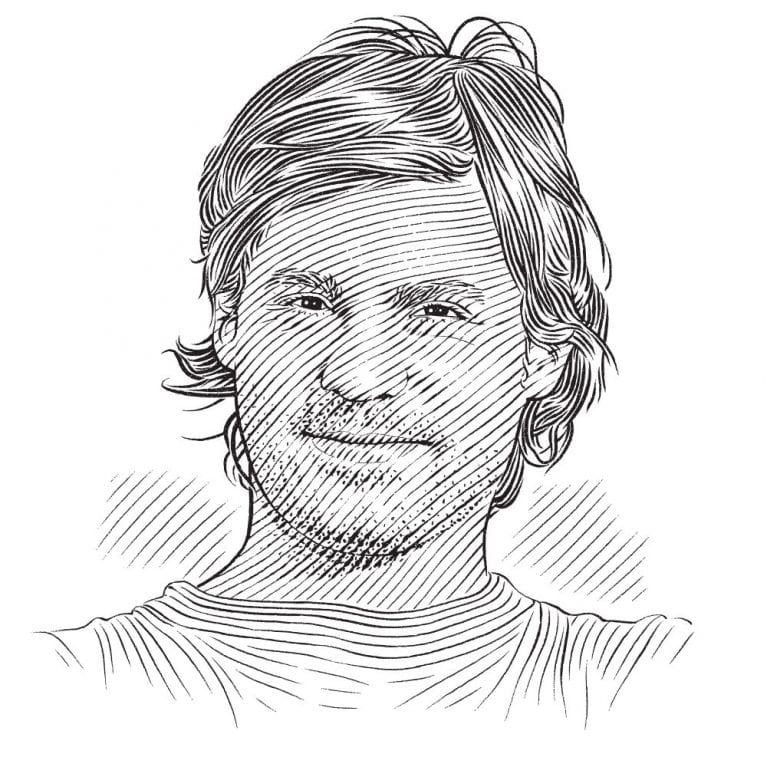Alejo Irigoyen

Who I am
One of my earliest memories is of catching a rainbow trout in a river in Patagonia with the help of my mom. Since then, even though most of the time I was far from fishes and the wild, some part of me was always thinking about them, mostly wondering what they do in winter and what they eat. Incredibly, the situation hasn’t changed much! It was this fascination from my earliest years that prompted me to become a keen fisherman and then to specialise in diving, underwater photography and any activity that brought me closer to fishes and their environment. My concern for the welfare and the conservation of fishes and our natural heritage has always been important to me.
Where I work
I work at ‘El Centro Patagónico’, which is linked to the National Research Council of Argentina. This regional multidisciplinary institute focuses on the management of aquatic and terrestrial resources, as well as on oceanography and meteorology, social sciences, geology, palaeontology and evolution. Committed to the conservation and sustainable use of natural resources, it collaborates with research groups and offers scientific support to a wide range of governmental and non-governmental institutions.
The Valdes Peninsula, which is also defined as the ‘North Patagonian Gulfs Eco-region’, was designated a UNESCO Natural World Heritage Site in 1999 and is the place where I work most of the time. Because of its spectacular concentration of breeding sites for marine birds and mammals, this incredible region has been assigned the highest conservation priority among eco-regions in southern South America. A great deal is known about its seabirds and marine mammals, but there is a surprising lack of knowledge about its sharks and rays – and no ecological studies are being carried out on them at all. Hence, there is an urgent need for information so that a conservation and management agenda can be set.
What I do
In my position as a researcher and with the freedom to chose my line of study, I have the opportunity to bring about positive changes in shark conservation by means of scientific knowledge and educational outreach. Most of my work is focused on finding answers to ecological questions. These answers aim to be useful for the conservation and sustainable use of fishes as a resource and as part of our natural heritage. Also, and with the same objective, I dedicate part of my time to interacting with management agencies and stakeholders.
